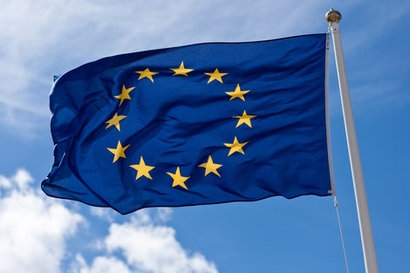
The European Commission is working on a revision of the next long-term EU budget to address the economic shock caused by COVID-19. Expected are an overall increase for existing instruments, and proposals for new funds and potentially new sources of income. Rather than carrying on ‘business as usual’, with continuing high investment in fossil fuels, CAN Europe says, the recovery programme should aim at climate neutrality in order to preserve Europeans from more harmful disruptions.
The European Commission is expected to propose a new, revised EU budget 2021-2027 (Multiannual Financial Framework) late May to buffer people and economies from the pandemic.
While significant investments are needed to address the current health and economic outbreak, these must also serve to address the climate emergency. The phase out of fossil fuels and decarbonisation of all sectors will bring major benefits in terms of innovation, jobs, environmental protection, and resilience of societies towards harmful impacts caused by global warming. The same stands for funds for developing countries.
In its “Urgency plan for the climate and economic recovery”, CAN Europe makes recommendations on how to align post-COVID-19 economic recovery measures with the climate urgency.
“The next EU budget can drive a sustainable exit of the current crisis if it leads to massive investments in the transition towards climate-neutral economies, not in fossil fuel infrastructure” said Markus Trilling, Finance and Subsidies Policy Coordinator at Climate Action Network (CAN) Europe. “If the new money put on the table strengthens rather than weakens the much-needed economies' decarbonisation, this will buffer people from future shocks similar to today’s health crisis while propping up industrial innovation and the creation of millions of new, quality jobs.”
Strong guidance and safeguard provisions are needed to channel EU funds towards the climate neutrality transition. CAN Europe’s report “Funding climate and energy transition in the EU: the untapped potential of regional funds” reveals that stricter earmarking for green and clean energy investments is required, in particular under the umbrella of ‘economic recovery’ where Member States should accelerate their spending.
“The EU’s economic recovery must at least maintain, and preferably improve the EU budget’s climate safeguards” Mr Trilling added. “A 40 percent climate action target for the entire EU budget post-2020, including all newly created funds, should apply and all fossil fuel subsidies must be banned in the first place.”
For additional information:

